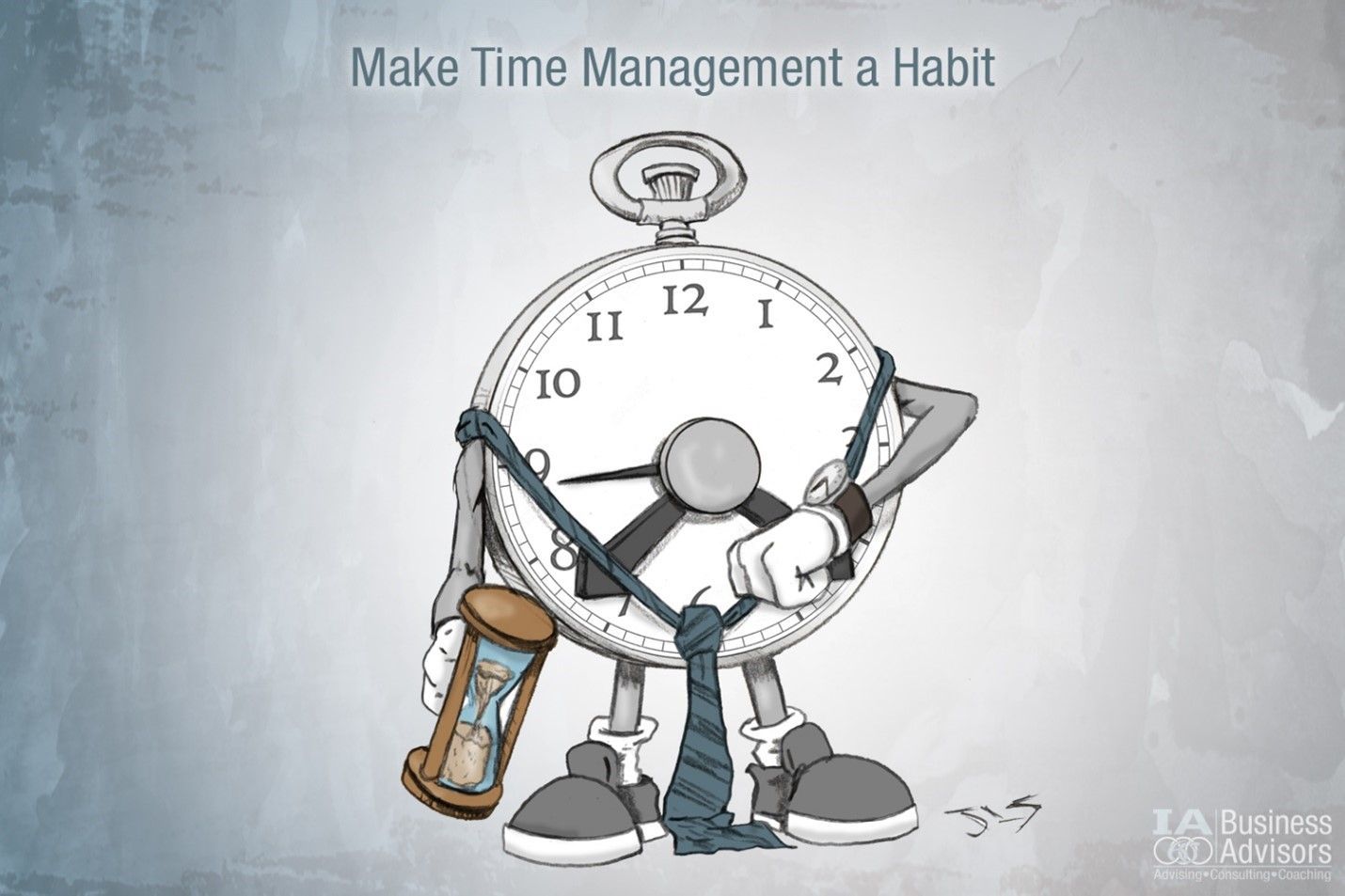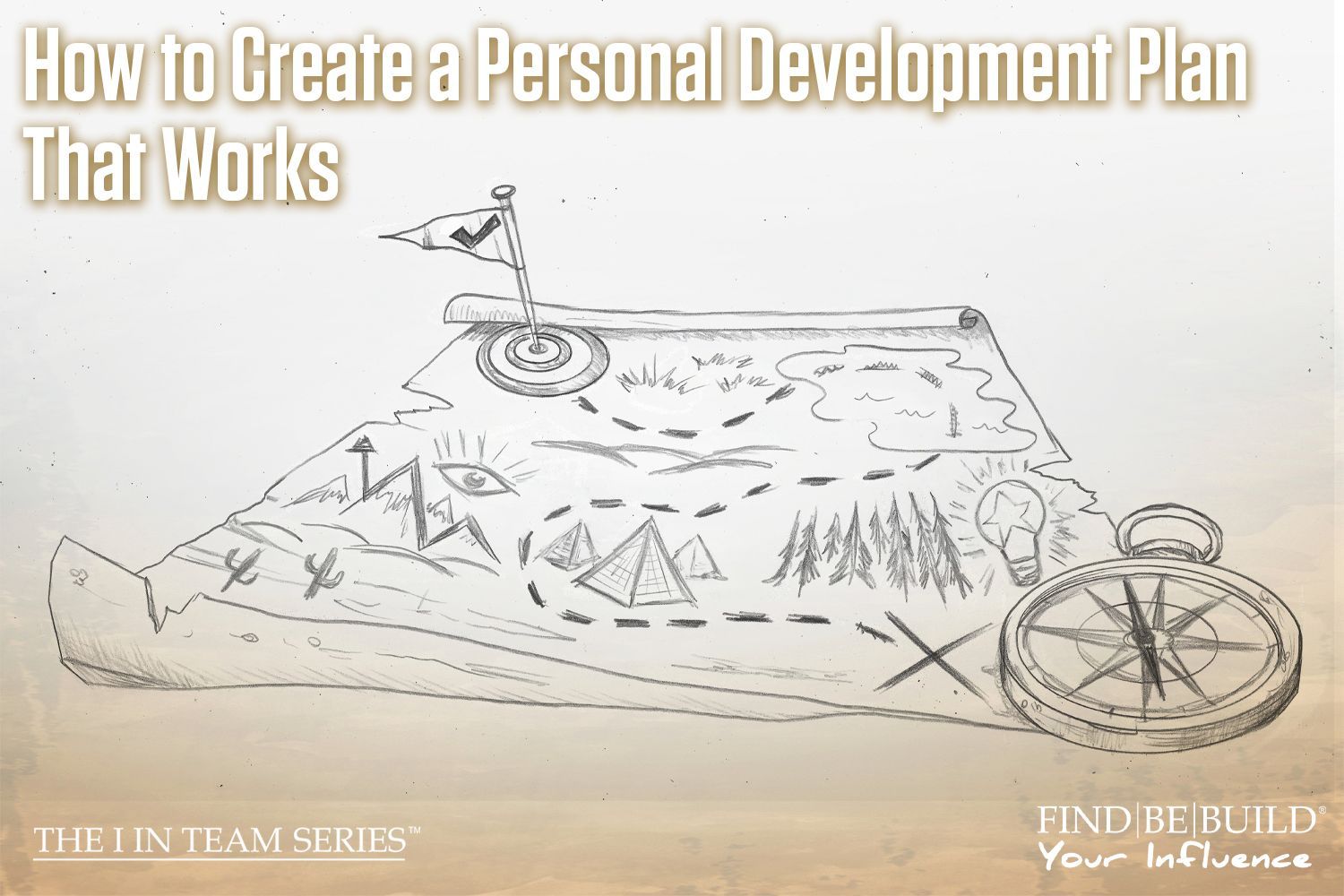Make Time Management a Habit

Time management strategies for business consulting
Time moves at the same speed for all of us. That means that we all have the same amount of time in the day to complete all our personal and professional tasks. This can be a good thing if you are already proficient in time management. However, if you struggle with managing your time, over/under estimate the amount of time it takes you to complete tasks, or are always pushing tasks to the next day, then this blog is for you.
Starter Tips
When you’re first starting off trying to make time management a habit, there are a few things you need to note. First, it’s important to remember to have patience with yourself. It takes anywhere from fourteen days to more than two months (for some) to solidify a new habit. While there is some controversy over how long it truly takes to make a habit, it is generally accepted that the amount of time depends on the habit and the person.
Second, when starting your journey towards efficient time management, always overestimate how long it will take you to complete tasks. Generally speaking, when you first start to practice time management it will take you twice as long to complete a task than you originally think it will. If you predict it will take you thirty minutes to complete a task (one that you haven’t done before) it will take you about an hour to complete that task.
Once you are a few weeks into your time management process, you will be able to accurately predict how long it will take you to complete your tasks. Also, managing your time will get easier for you—making it second nature—as time goes on. You can start to practice a new habit any time you wish; it’s best to start when you think about it—now—as that is when you have the most motivation to see your vision through to the end.
Plan Out Your Day
The best way to practice time management is to schedule out your day with tasks in advance. Be realistic about how much time it will take you to complete each task. This will help you have a clear and concise vision for how your day is going to look, as well as helping you to keep your daily objectives high of mind. Also, be sure to read the rest of your schedule each time you complete a task.
Don’t forget about scheduling your social breaks! For every task, or for every hour you work, make sure to schedule some down time for yourself. This could mean checking your social media, text messages, taking a lap around the office or outside, doing some yoga, or whatever you enjoy doing in your down time. The key to these breaks is to refuse to engage in break-like activities during your scheduled task time. That’s why it’s important to schedule break time.
Practice
Make sure to practice your time management. Like all habits and activities, you can’t become good at something without putting effort in. Just like you would practice for a sport, you need to practice time management. This is something that you can teach yourself. With time, you will become better at it each day. Do your best to commit to planning out your schedule and sticking to it everyday as your daily practice. There will always be exceptions that you don’t plan for, but that is to be expected. As long as you stick to it more than 80 percent of the time, you will be able to make it a habit.
Slow Down
This may seem counterintuitive to practicing time management but slowing down and being deliberate in your tasks will actually make you more efficient with your time. By slowing down and focusing on your present moment, you allow your brain to be more receptive to ideas and information while you complete your tasks. We are pro mono-tasking.
If you slow down, practice, and put energy into making time management a habit, we are certain that you will gain several positive results. For one, if you are prone to anxiety or negative emotions when you are out of time to complete tasks, time management dissolves those anxieties. You will have more time for you, your family, friends, or whatever it is you care to do with your spare time. You will feel empowered at work. Take back the one thing we all share equally: time.












